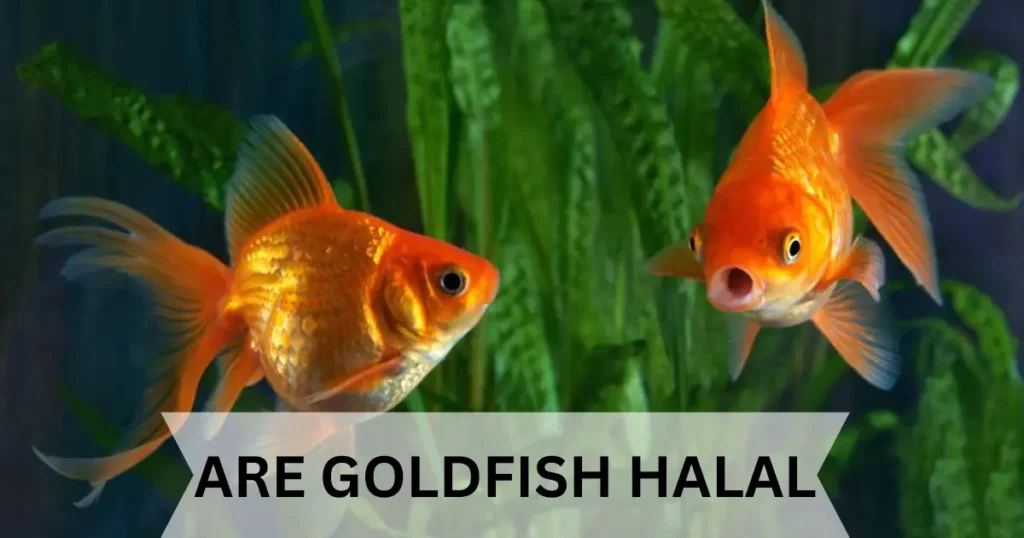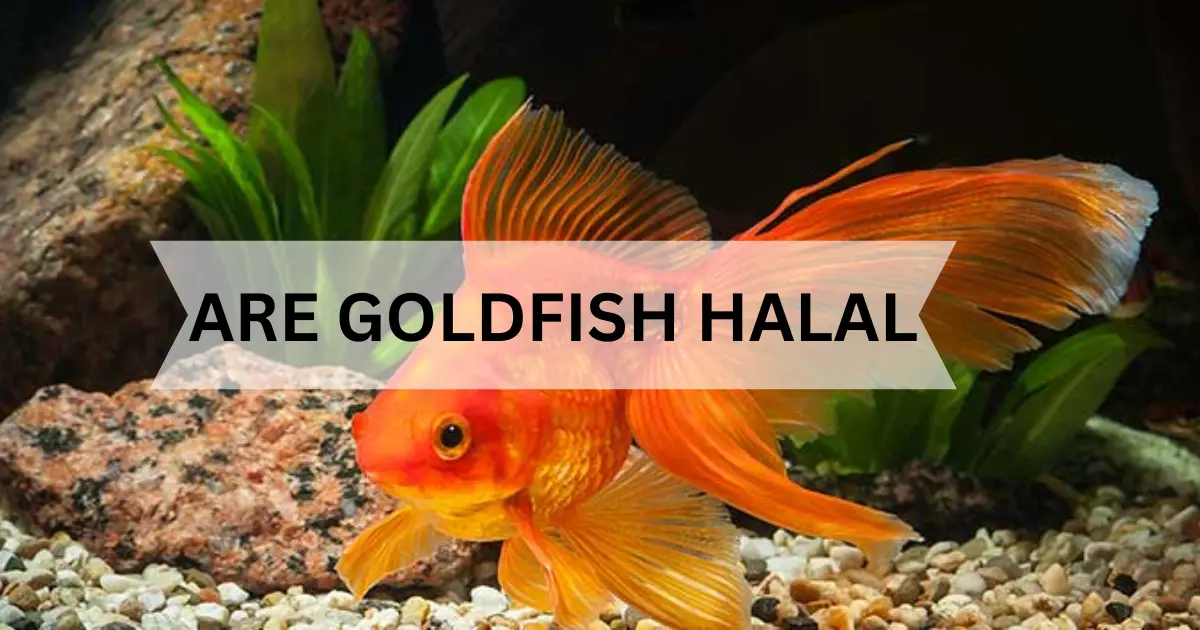The question of whether goldfish are halal is a topic of interest for many Muslims who wish to adhere to Islamic dietary laws. Understanding what is permissible (halal) and what is forbidden (haram) in Islam is crucial for maintaining a lifestyle in accordance with religious beliefs.
This article aims to provide a detailed exploration of whether goldfish are considered halal, incorporating various religious opinions and guidelines.
Are Goldfish Halal for Consumption?
Goldfish are generally not considered halal for consumption. Most Islamic scholars agree that while many types of fish are permissible to eat, goldfish, being ornamental and not traditionally consumed as food, do not fall into this category.
Are Goldfish Considered Halal?
1. Goldfish Classification
Goldfish belong to the family Cyprinidae and are commonly kept as pets in aquariums. They are freshwater fish, known for their ornamental value and vibrant colors.
Unlike many other fish, goldfish are not typically consumed as food. The classification and common uses of goldfish significantly influence their halal status, as they are primarily viewed as decorative pets rather than a food source.
2. Religious Interpretations and Opinions is Goldfish Halal
Islamic scholars have varying opinions regarding the permissibility of goldfish. Since goldfish are not usually eaten, the primary concern revolves around whether it is halal to keep them as pets.
Most scholars agree that keeping goldfish as pets is permissible in Islam, provided they are treated with kindness and not subjected to harm or neglect.
The ethical treatment of animals is a fundamental principle in Islam, and as long as goldfish are well-cared for, their status as pets is generally accepted as halal.

General Principles of Halal Food
For food to be considered halal, it must meet specific criteria. Firstly, the food must not contain any haram (forbidden) substances such as pork, alcohol, or their derivatives.
Secondly, animals must be slaughtered according to Islamic rites, which involve invoking the name of Allah and ensuring a swift and humane method to minimize the animal’s suffering.
Thirdly, the food must be free from contamination with haram substances during processing, packaging, and transportation.
Examples of halal foods include most fruits, vegetables, grains, and meat from animals that are slaughtered according to Islamic law. Conversely, haram foods include pork, blood, and any meat not slaughtered in the name of Allah, ensuring adherence to Islamic dietary laws.
Islamic Dietary Laws Concerning Seafood
1. Seafood in Islamic Jurisprudence
Islamic jurisprudence, or fiqh, includes various rulings on the permissibility of seafood. The opinions on seafood can vary among different schools of thought within Islam.
Generally, seafood is considered halal, but there are nuances and exceptions depending on the type of sea creature.
2. Specific Guidelines for Fish
Fish are generally considered halal, but the criteria can differ among various Islamic scholars and schools of thought.
Fish with scales are typically deemed halal by most scholars without any additional requirements. However, the permissibility of other sea creatures such as shellfish, crustaceans, and amphibians may vary.
For example, the Hanafi school of thought has stricter interpretations, often restricting the consumption of certain types of seafood like lobster, crab, and shrimp. These differences highlight the importance of consulting knowledgeable religious authorities for specific guidance on seafood consumption.
Related Post
Conclusion
While goldfish are generally considered halal to keep as pets, their consumption is not accepted in Islamic dietary laws.
Most scholars agree that keeping goldfish is permissible as long as they are treated humanely and not subjected to harm or neglect.
However, when it comes to consuming goldfish, there is a lack of consensus, and they are typically not eaten.
FAQs
Goldfish are not typically considered halal for consumption. Islamic dietary laws do not commonly include goldfish as a permissible food source, and there is a lack of consensus among scholars on this matter.
Goldfish are primarily kept as ornamental pets and are not traditionally viewed as a food source. Additionally, some Islamic interpretations specify that only certain types of fish, such as those with scales, are permissible to eat.
Yes, the humane treatment of animals is a key principle in Islam. Goldfish should be kept in clean, well-maintained environments and treated with care. Neglect or harm to the fish would be contrary to Islamic ethical standards.


